Language
WORLDWIDE SHIPPING
Swiss Diamond short pan
€169.00
€138.52
Availability:
In stock
Swiss Diamond cookware featuring a revolutionary new diamond reinforced non-stick cooking surface that provides optimum non-stick performance, durability and easy clean up.
The secret behind this advanced cookware technology is the result of combining diamond crystals - the hardest material known to man - with a non-stick nano composite to form a virtually indestructible non-stick cooking surface.
Nothing conducts heat more easily than diamonds
A variety of sizes for perfect frying, saut�ing, and searing
Diamonds guarantee a lifetime of non-stick performance
Ergonomic helping handle design for comfort and balance
Oven safe up to 260�
Professional-grade 6-mm pressure-cast aluminium
Metal utensil and dishwasher safe
Perfect flat base for use on all ceramic, gas, and electric cook top.
The secret behind this advanced cookware technology is the result of combining diamond crystals - the hardest material known to man - with a non-stick nano composite to form a virtually indestructible non-stick cooking surface.
Nothing conducts heat more easily than diamonds
A variety of sizes for perfect frying, saut�ing, and searing
Diamonds guarantee a lifetime of non-stick performance
Ergonomic helping handle design for comfort and balance
Oven safe up to 260�
Professional-grade 6-mm pressure-cast aluminium
Metal utensil and dishwasher safe
Perfect flat base for use on all ceramic, gas, and electric cook top.
FAQs

 IT
IT FR
FR
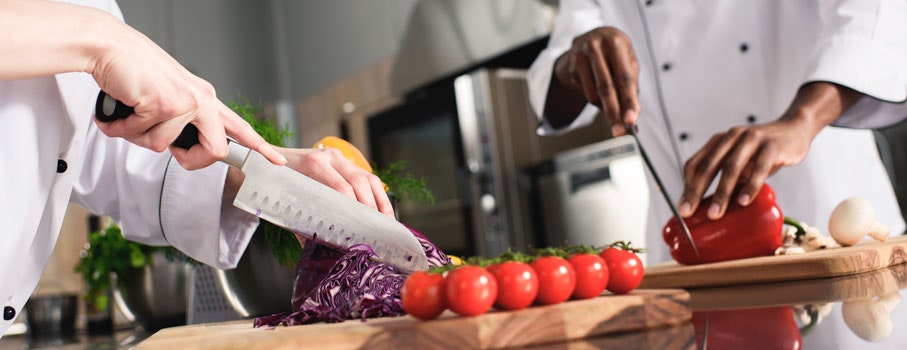
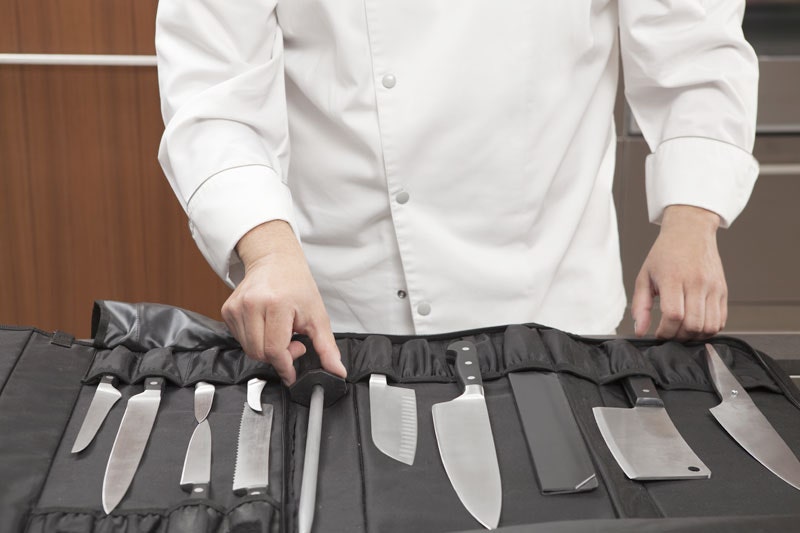
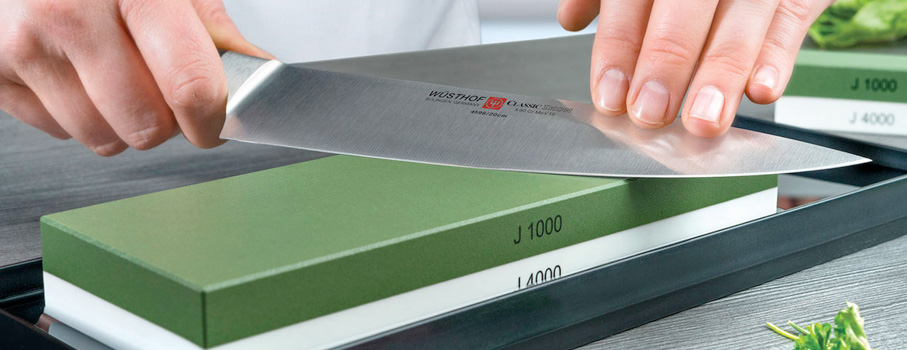
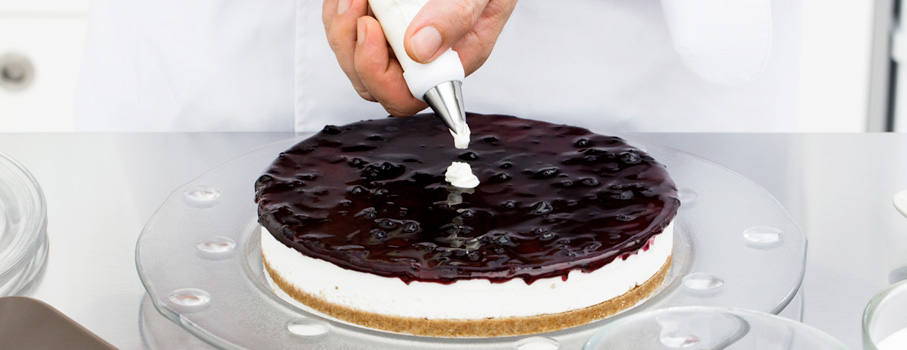

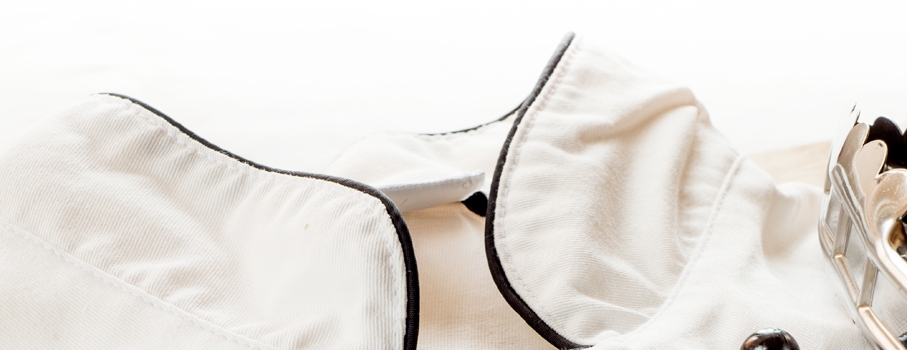
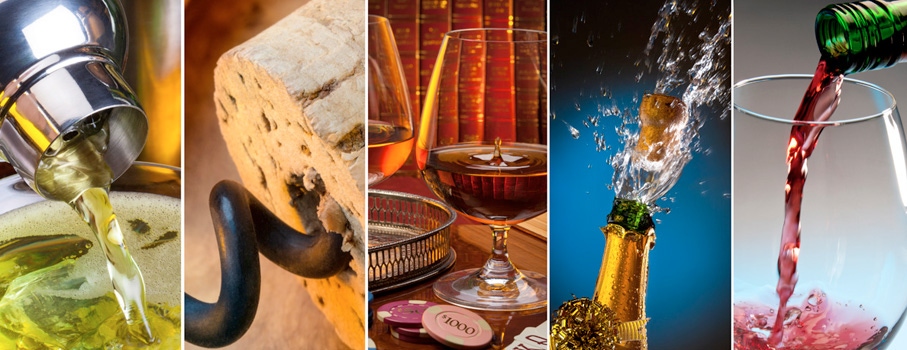
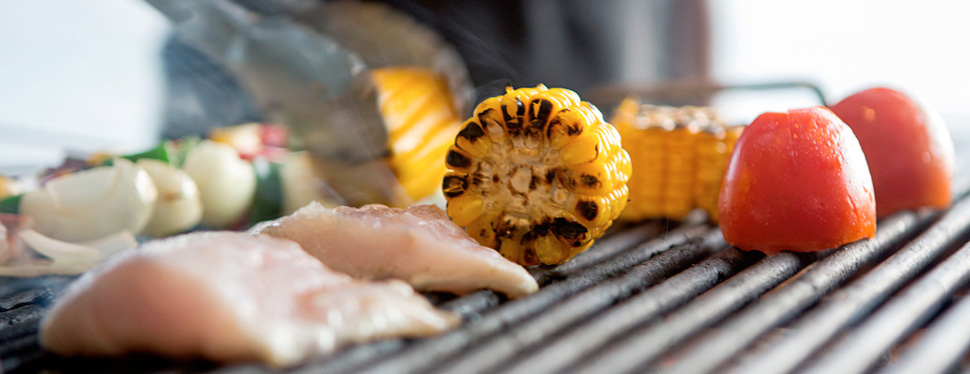

 IT
IT FR
FR
